whiskey
Exclusive whisky selection at Kuhns.shop – Over 1,000 fine bottlings worldwide
Immerse yourself in the fascinating world of whisky and discover an exclusive selection of over 1,000 first-class whisky bottlings at Kuhns.shop . From world-famous brands such as Chivas Regal , Jim Beam and Glenmorangie to rare, hand-crafted rarities from small distilleries such as Spey and Echlinville - our range leaves nothing to be desired.
Whisky – A pleasure that combines tradition and craftsmanship
Discover the variety of whiskey in our online shop Kuhns.shop. Whether single malt, bourbon or blended whiskey - with us you will find an exquisite selection of whiskeys from all over the world. From well-known brands such as Glenfiddich and Ardbeg to exciting niche distilleries such as Kavalan from Taiwan or Slyrs from Bavaria. Whether you are looking for a classic Scottish whiskey or an innovative Japanese tipple, we offer you over 500 carefully selected bottlings to suit every taste.
The art of whisky making
Whisky is made from just a few ingredients – grain, water and yeast. But what makes it special is the details of the production process, which has been refined over centuries. Malting and kilning are particularly important, as they have a significant impact on the character of the whisky.
Malting – The first step to the perfect whisky
Malting begins with the selection of the barley. This is soaked in water, which causes it to germinate. This is a crucial step because the germination process converts the starch contained in the barley into sugar, which is later fermented into alcohol. This process takes about five to seven days and is often still done by hand in traditional distilleries.
Darren – The Secret of Taste
As soon as the barley has germinated sufficiently, the germination process is stopped by kilning. The malt is dried over a fire. If the whisky is to develop smoky aromas, peat is added to the fire.
The finished malt is cleaned and ground (this creates the so-called grist) and soaked in hot water in the mash tun. This takes place in 3 different phases:
- Phase: The malt is soaked in water at 60 to 70 degrees for about 30 minutes. The water is then separated.
- Phase: The malt is soaked in hot water again for about 30 minutes. This time the water is about 70 to 80 degrees hot. The malt and water are then separated again.
- Phase: The malt is soaked in water for a final time for half an hour. The water temperature is now 90 to 95 degrees Celsius.
During these three processes, enzymes convert the starch contained in the malt into the sugar needed for the distillation process. Finally, the emulsion is filtered, the sweet water (called wort) remains in the distillery, the grain residues are usually used as animal feed
Fermentation and distillation: The art of whisky making
Fermentation is a crucial step in the whisky production process. The sweet water, also known as "wort", which has previously been cooled to around 20 degrees Celsius, is filled into large fermentation vats (washbacks) and mixed with carefully selected yeast cultures. Within 2 to 4 days, the sugar in the water ferments and is converted into alcohol through this natural process. The result is a type of beer, also known as "wash", which has an alcohol content of around 7 to 9 percent - the perfect basis for subsequent distillation.
Distillation, often referred to as the "hot phase" of whisky production, takes the alcohol content to the next level. The alcohol evaporates and is concentrated through controlled heating in pot stills. In most Scottish distilleries, distillation takes place twice. First, the "wash" is distilled in the so-called "wash still", which increases the alcohol content to around 20 to 25 percent. This raw spirit is then distilled again in the smaller "spirit still".
In this second round of distillation, the foreshots and feints are separated from the heart of the distillate - the so-called middle cut. Only this middle part contains the best quality components and is filled into oak barrels for maturation. This step effectively removes undesirable compounds such as fusel oils, which ensures the unmistakably pure taste of the whisky.
Some distilleries, particularly in Ireland, but also occasionally in Scotland, use triple distillation. Here, an additional "intermediate still" is used between the two main distillation processes, which gives the whisky a particularly smooth and complex character.
The art of barrel storage: How the barrel shapes the whisky
Barrel storage is a decisive factor in the development of the whisky - both in terms of taste and color. During the maturation period, the distillate interacts intensively with the barrel, creating characteristic aromas and colors. Each barrel gives the whisky something unique by absorbing nuances of the wood and thereby shaping the later taste.
In Scotland and Ireland, used barrels are mainly used, while in the USA it is legally required that whisky may only mature in new oak barrels. The majority of these ex-bourbon barrels from the USA are later sold to Irish and Scottish distilleries. A large proportion of Scottish and Irish whiskeys are matured in such barrels. But other types of barrels also play an important role. Ex-sherry barrels, which impart intense fruit notes, or barrels that previously contained wine, port or even beer, are particularly popular. This variety of barrels offers master distillers countless possibilities for refining the aromas of the whisky.
The art of barrel aging: A journey through different barrel types
Sometimes the whisky stays in the same cask for the entire maturation period. Often, however, it is transferred to another cask after a few years to absorb additional flavors - a process known as "finishing." A classic example is a Scotch whisky that first matures for several years in an ex-bourbon cask before being transferred to an ex-sherry cask for half a year. This art of maturation requires not only experience, but also a deep understanding of the interaction between whisky and wood.
How long should whisky mature?
In most countries, whisky must be aged for at least three years and one day to be called such. In practice, however, many whiskies are aged for much longer to develop their full flavour. The longer the whisky is stored in the cask, the deeper, softer and more complex its flavour becomes. However, after 40 to 50 years, the whisky reaches the point where the exchange of flavours between the cask and the distillate is complete. Any longer maturation then no longer brings any further flavour benefits.
Whisky or whiskey? A look at the differences
Not all whiskeys are created equal - even the spelling varies depending on the region. In Scotland, Canada, Asia and Europe, "whisky" is written without an "e", while in Ireland and the USA, "whiskey" is written with an "e". Historical differences are the reason for this deviation. But regardless of the spelling, whiskey offers one of the most diverse taste worlds in the world of spirits.
The different types of whisky
Whisky comes in different types and categories. Here is an overview of the most important ones:
- (Single) Malt Whisky : Made from malted barley (malt) and coming exclusively from one distillery. Single malt whiskies are considered the “royal class” of whisky.
- (Single) Grain Whisky : Produced from unmalted barley, corn or wheat. Single grain whiskies are quite rare today, especially in Scotland.
- Blended Whisky : The lion's share of global whisky production is made up of blends. Here, different types of whisky - often up to 50 different grain and malt whiskies - are combined to create a harmonious taste experience.

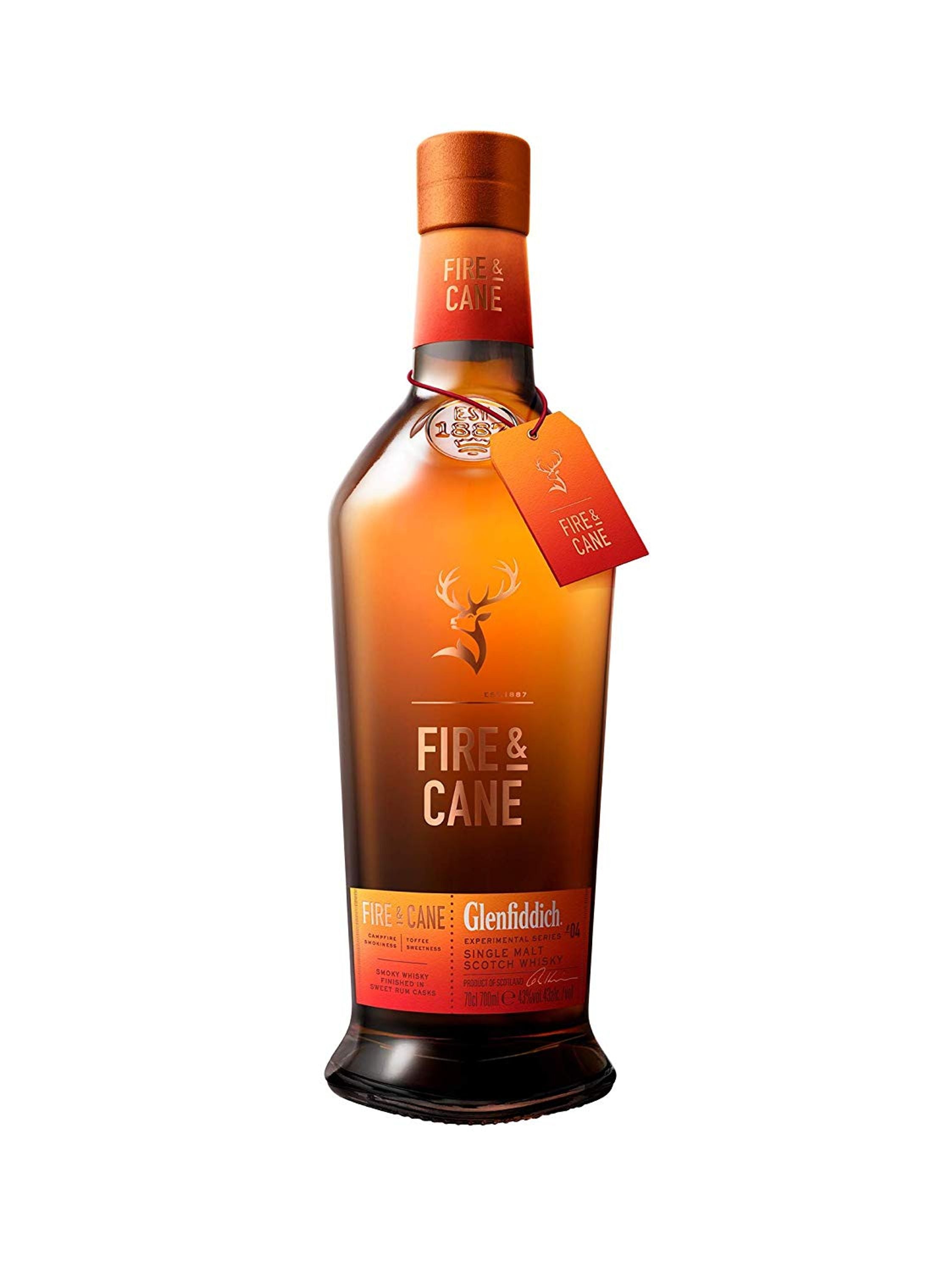
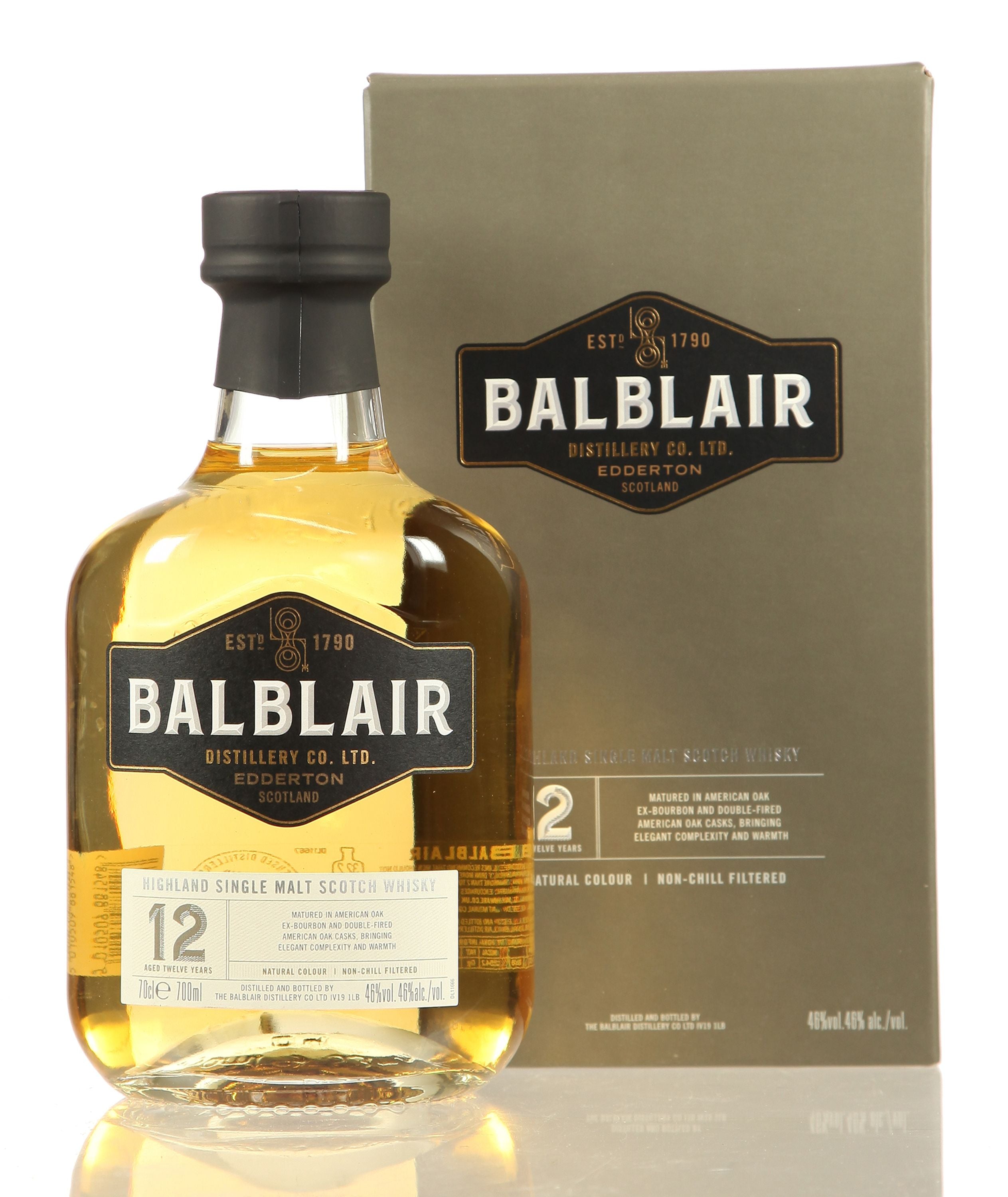
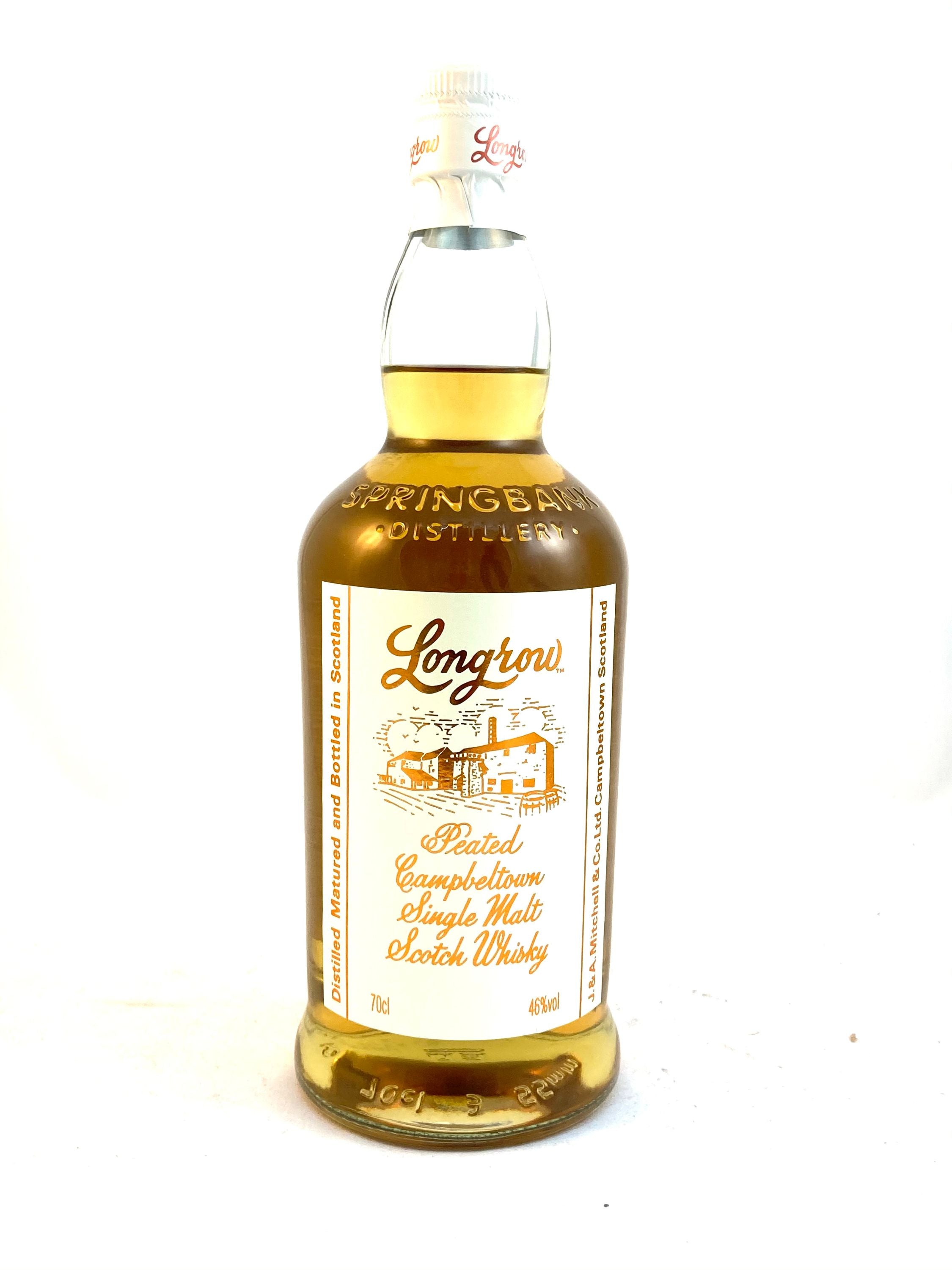
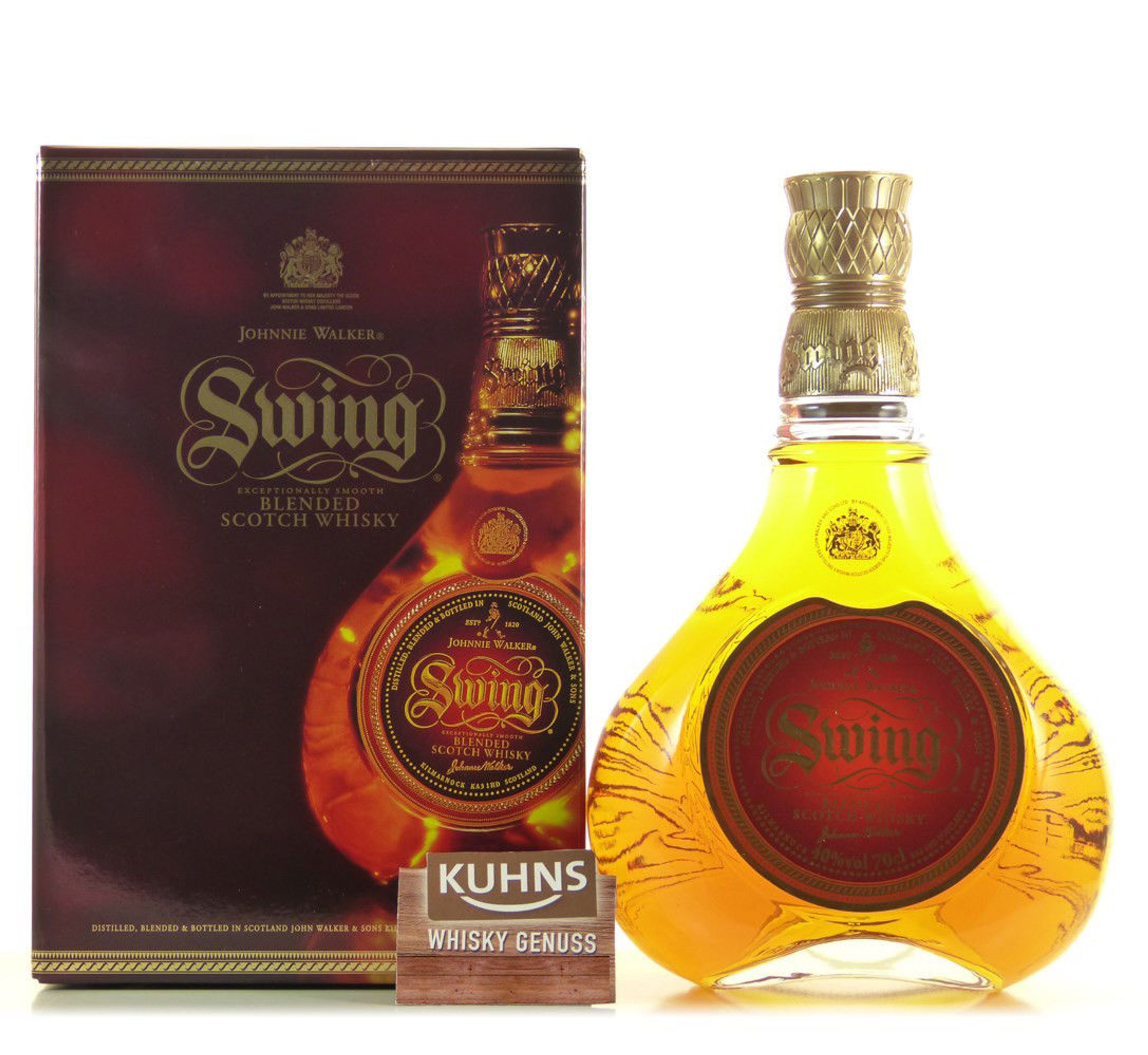
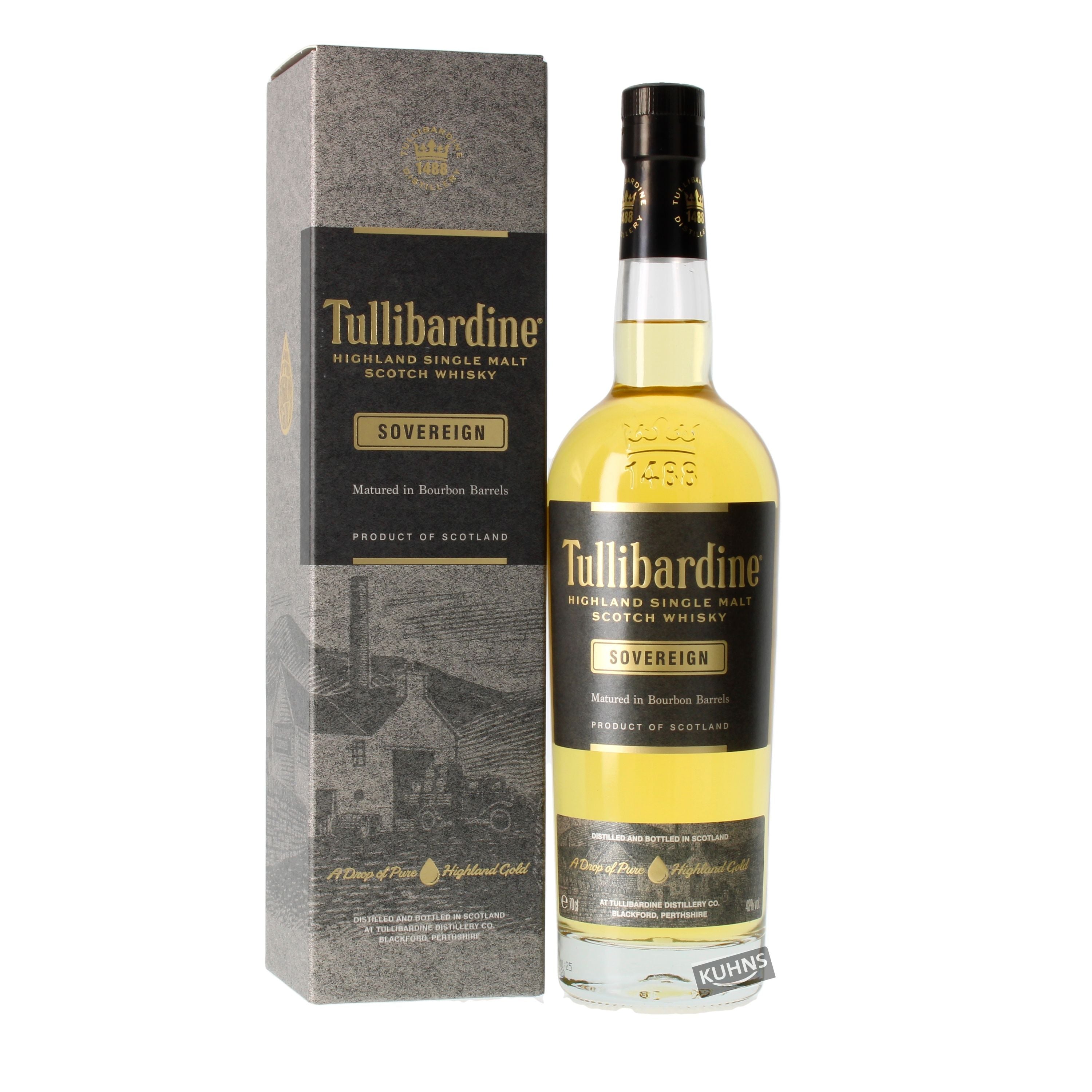
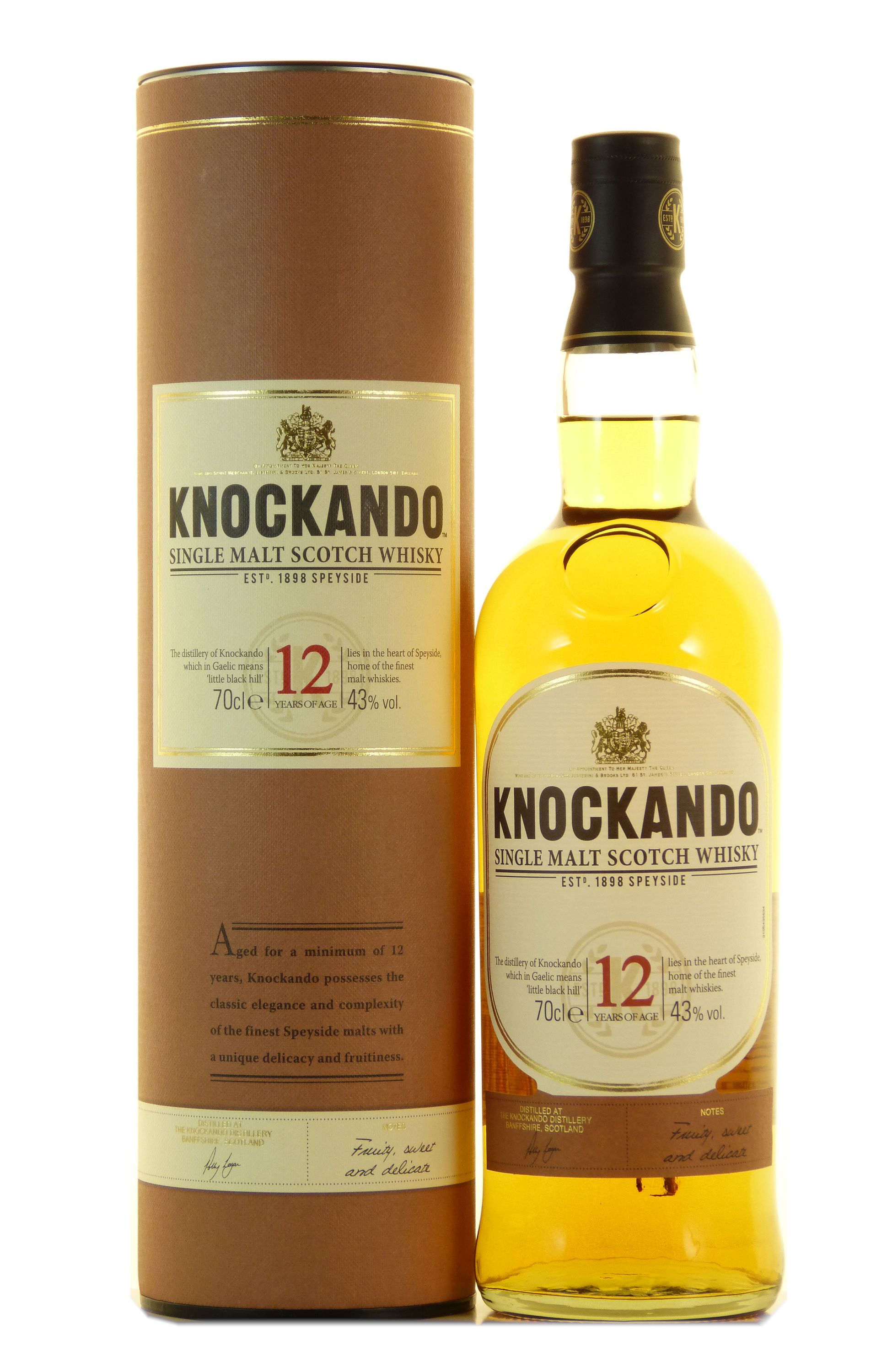
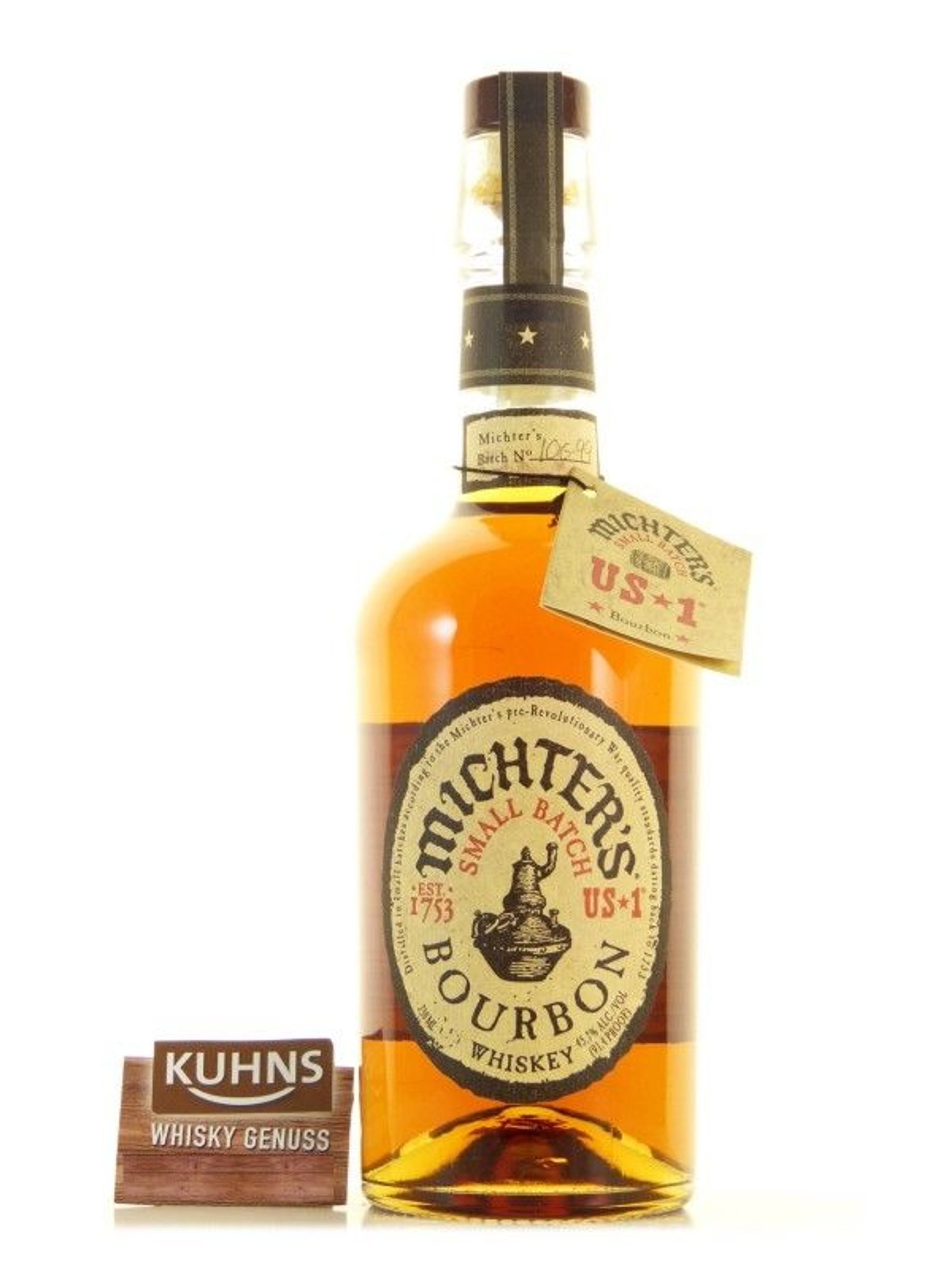
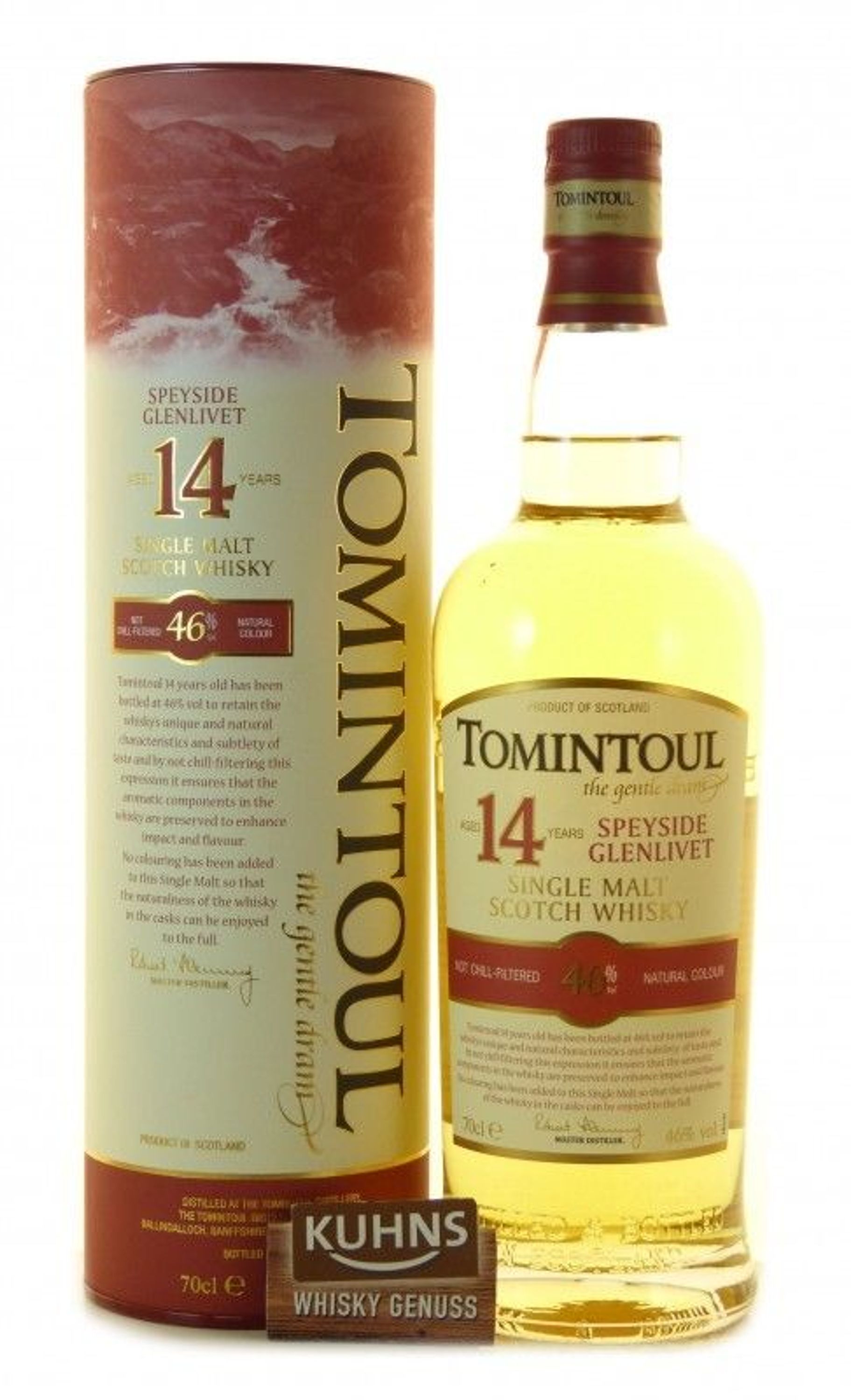
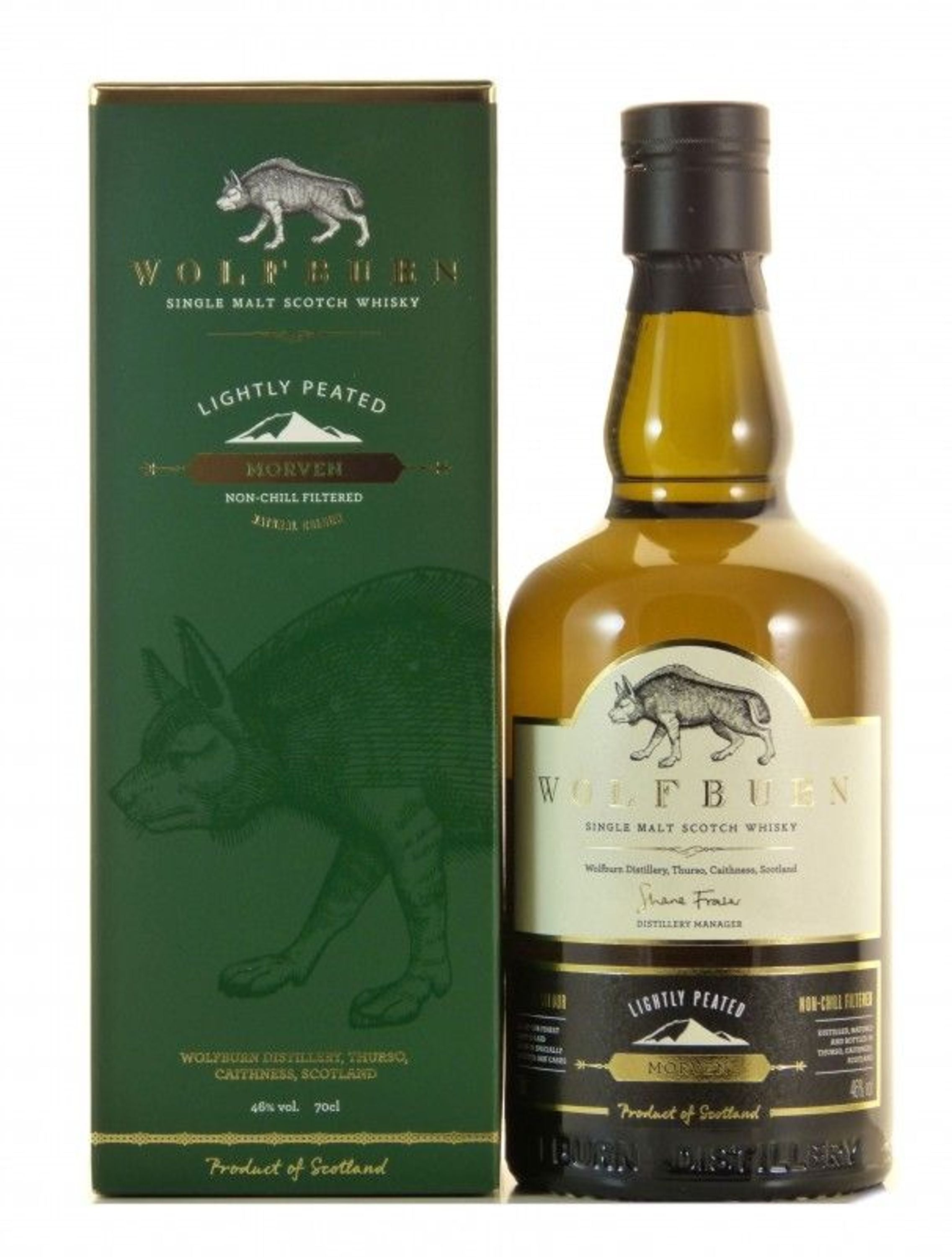
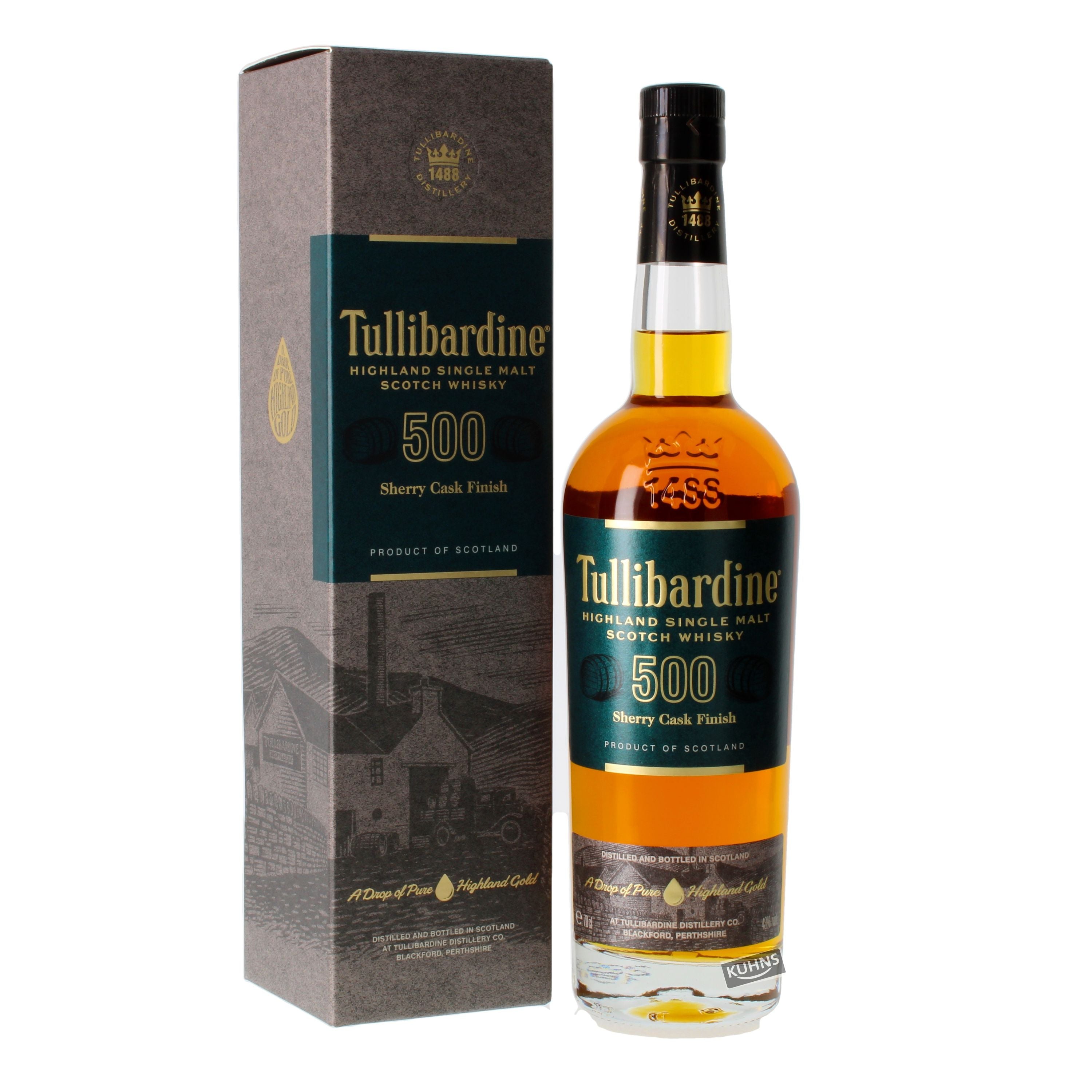
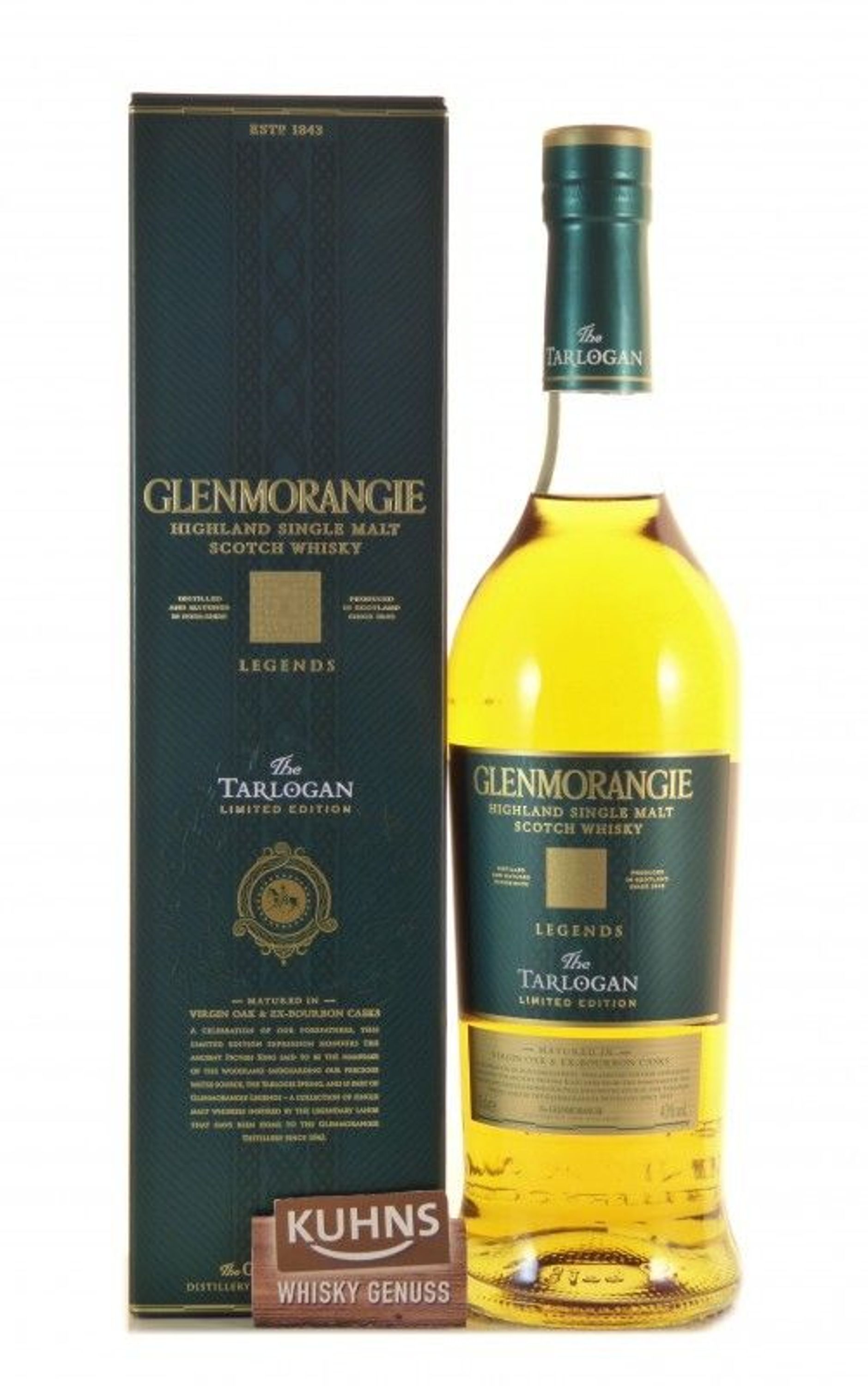
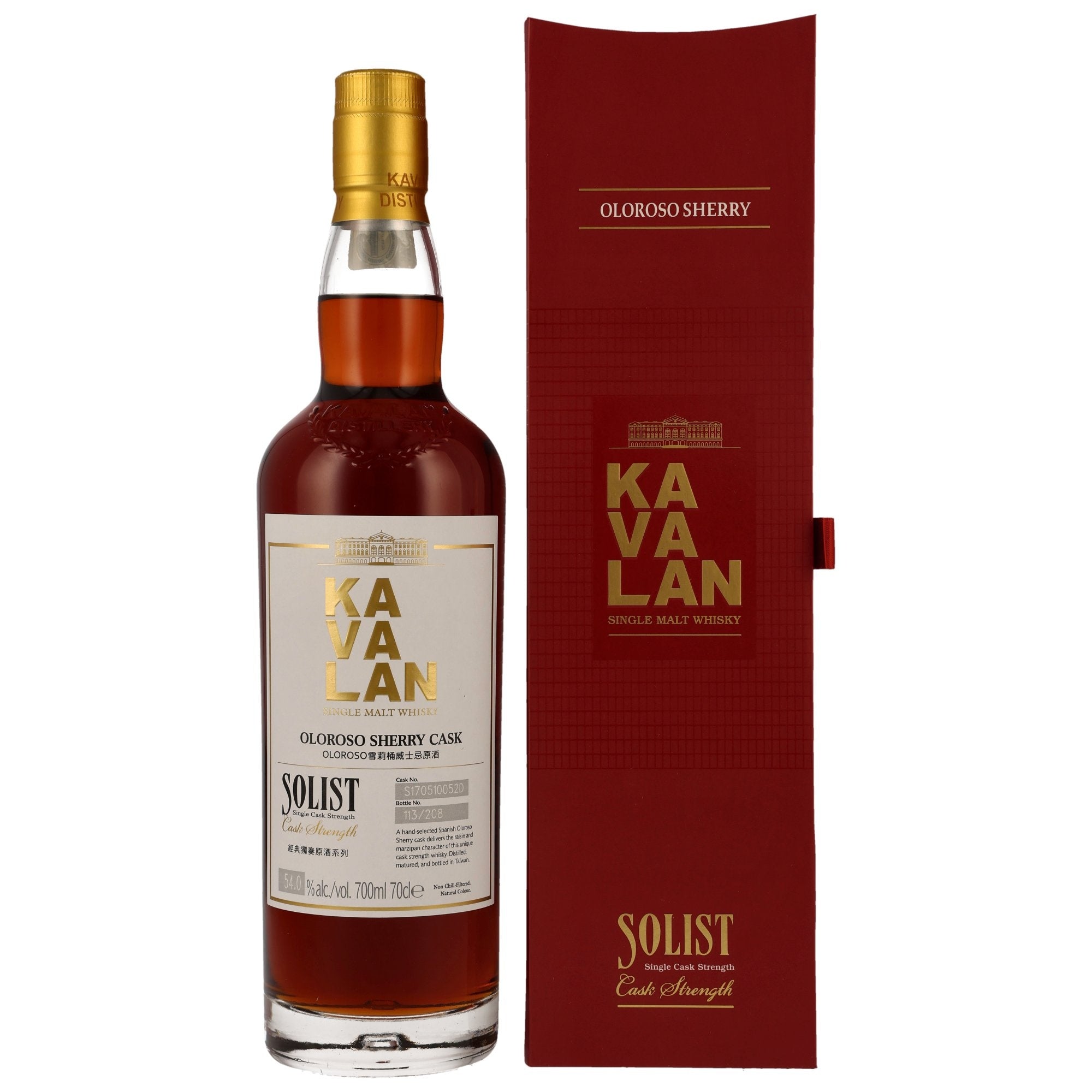

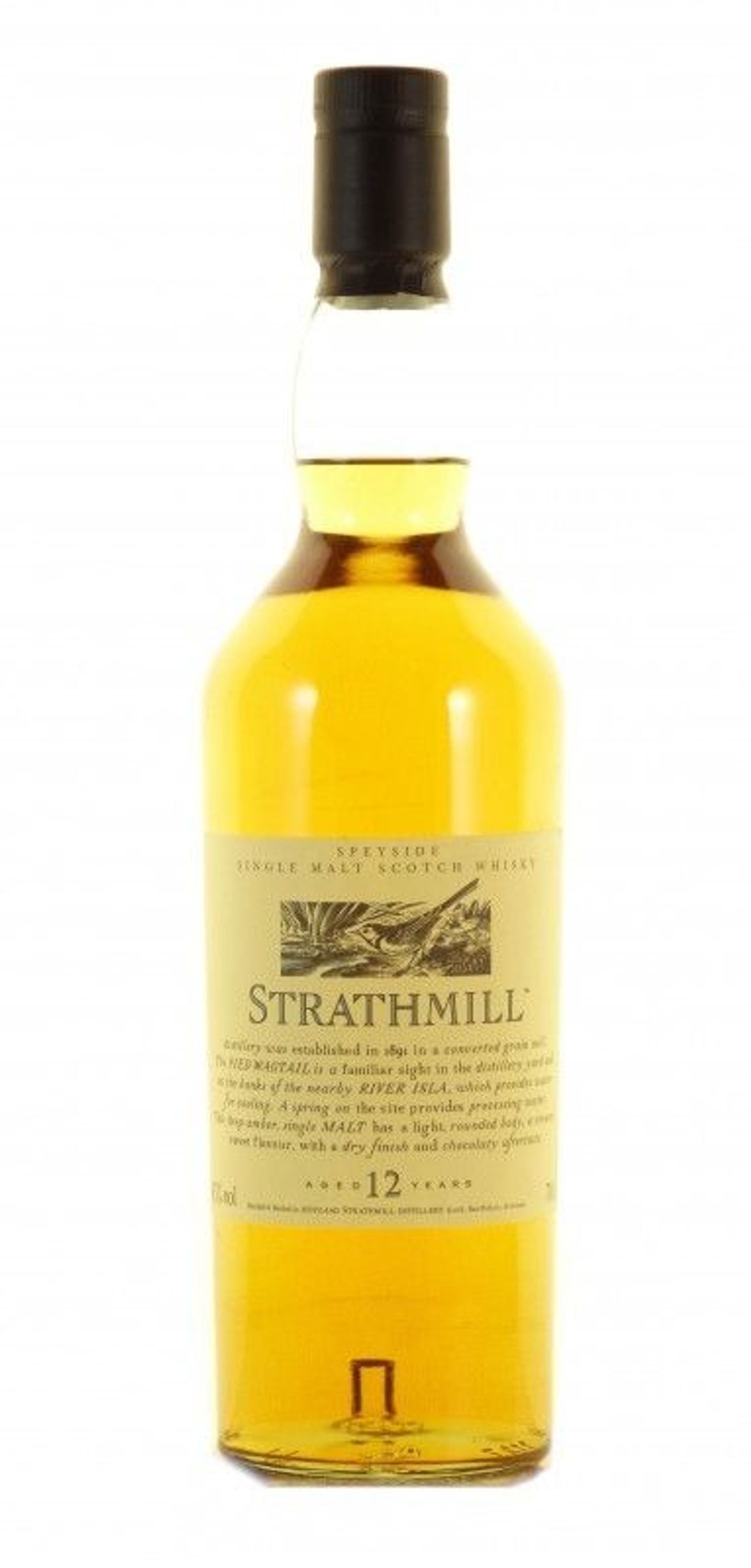
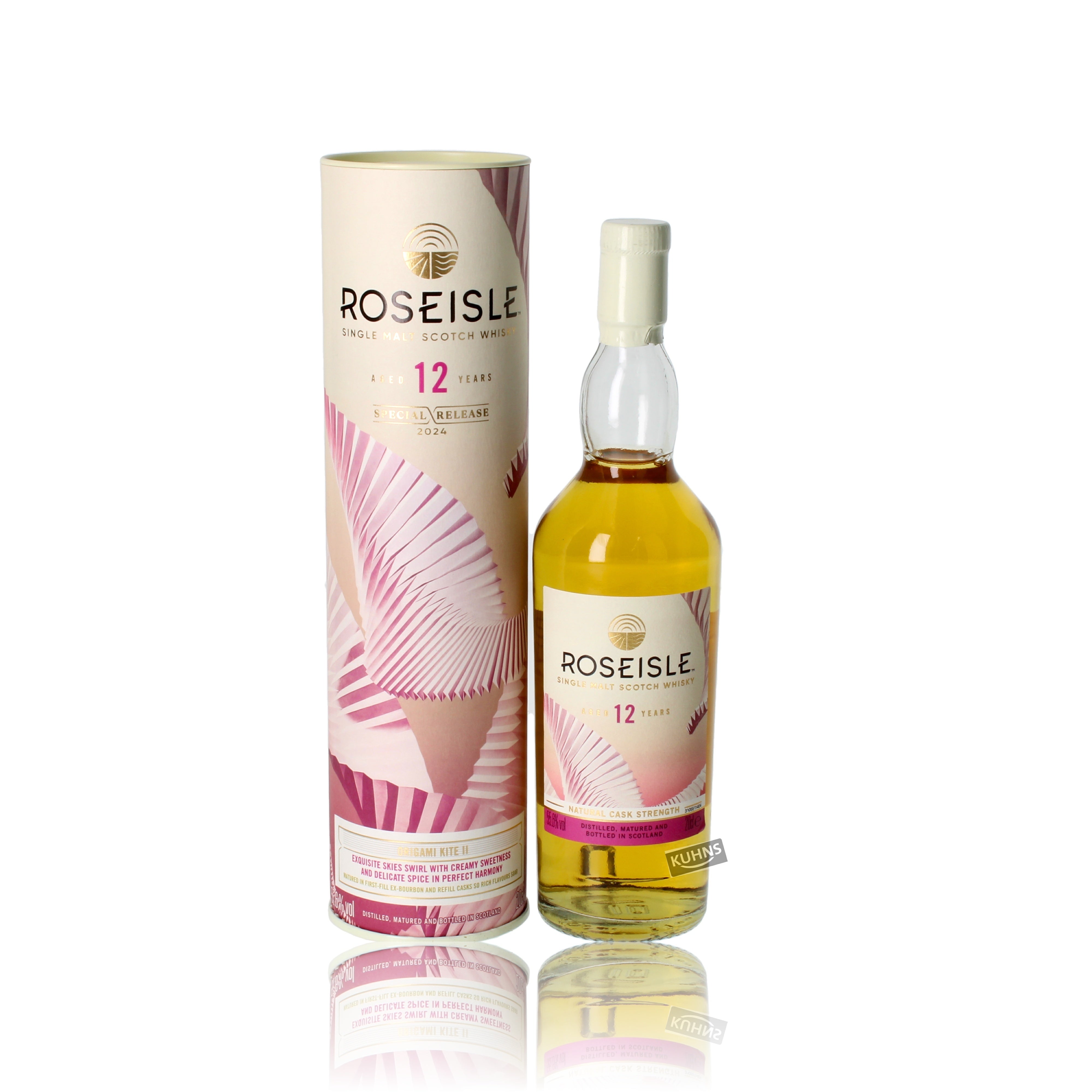
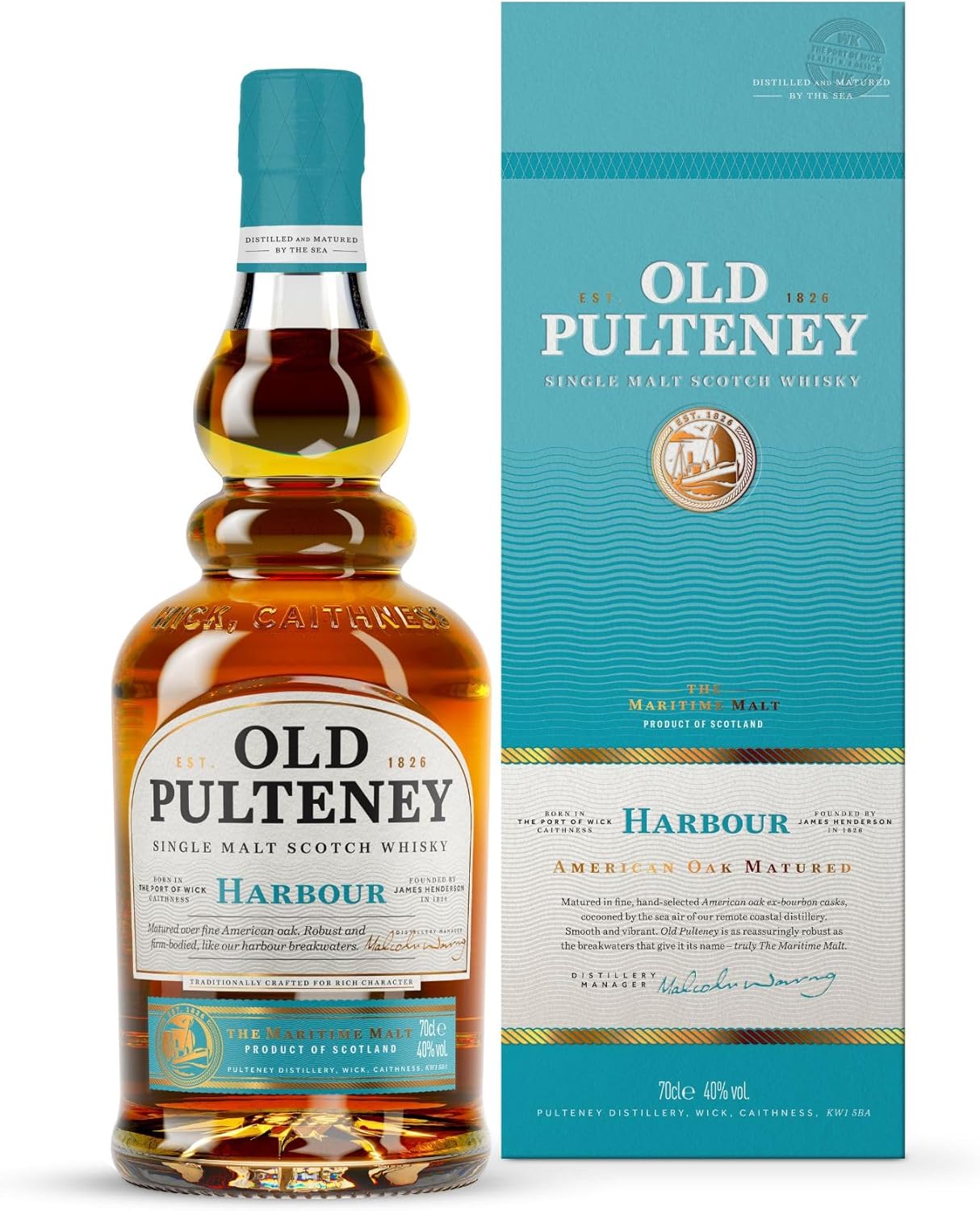
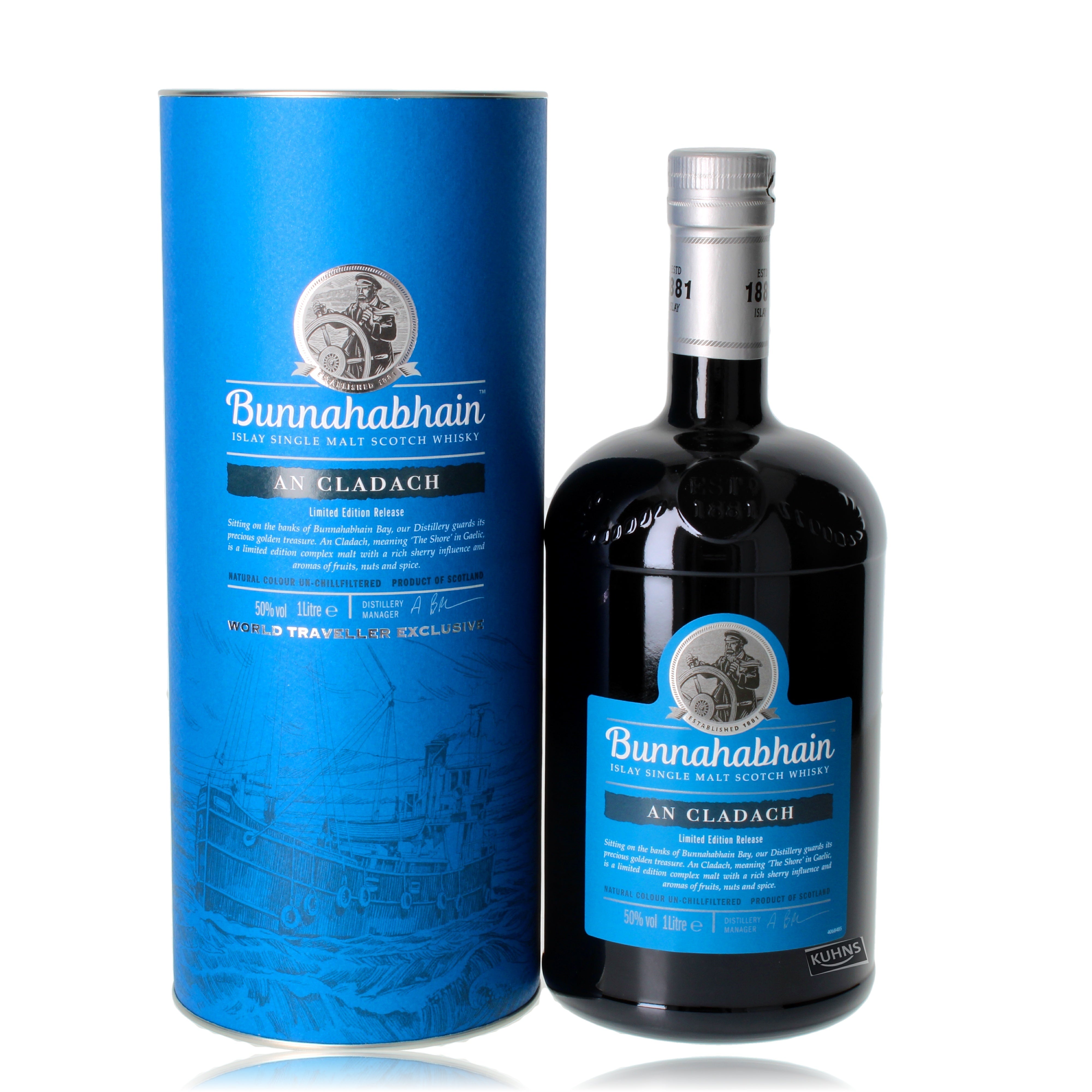
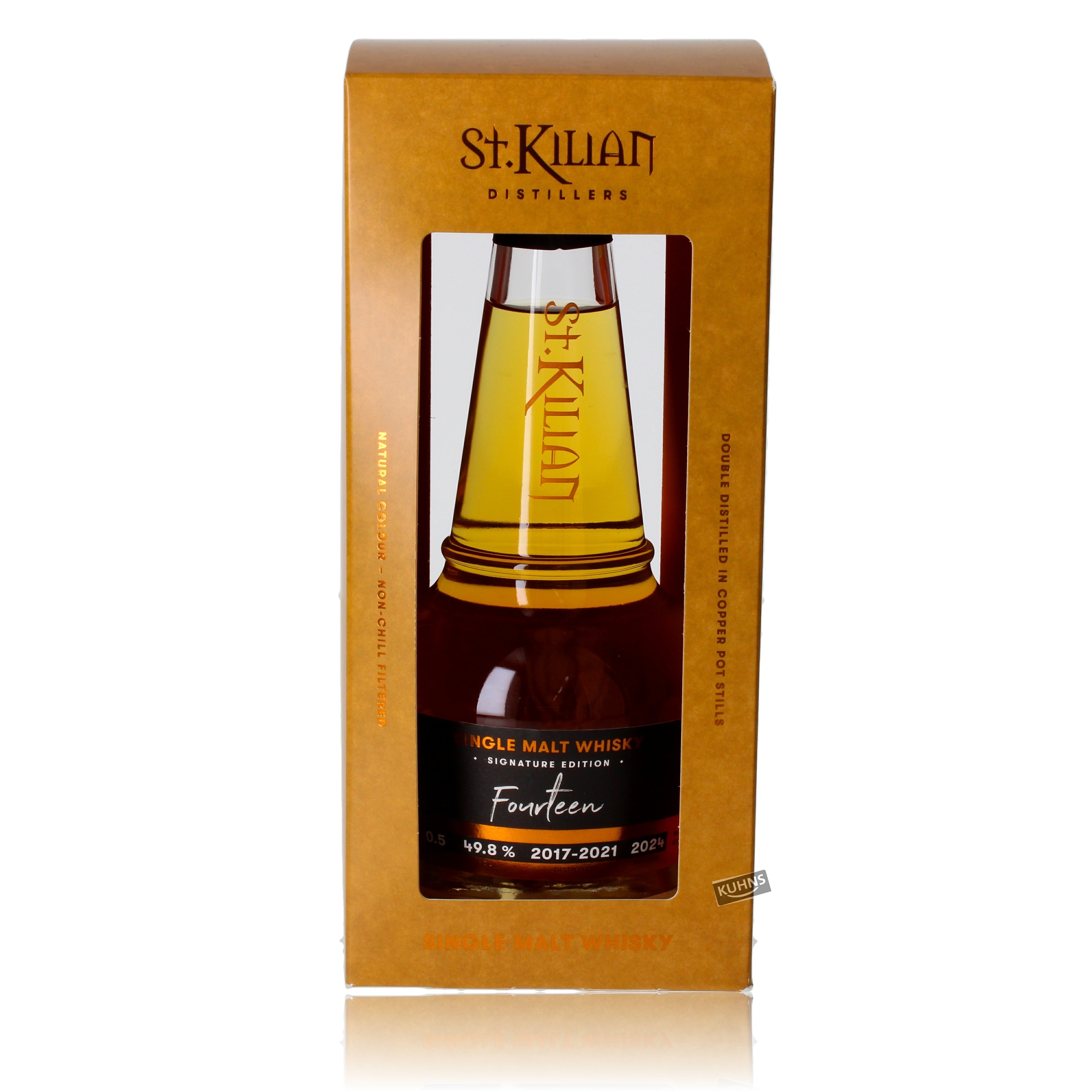
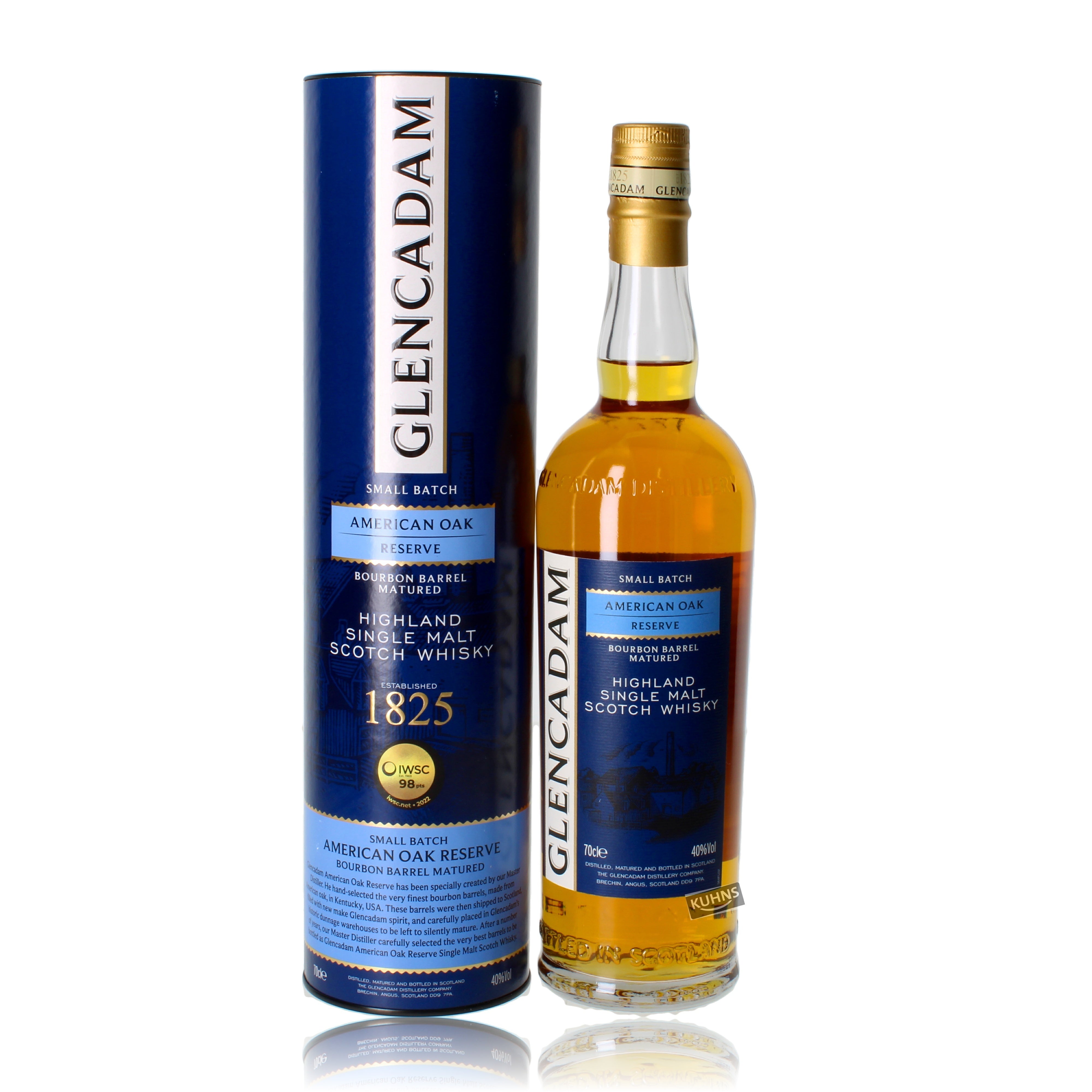
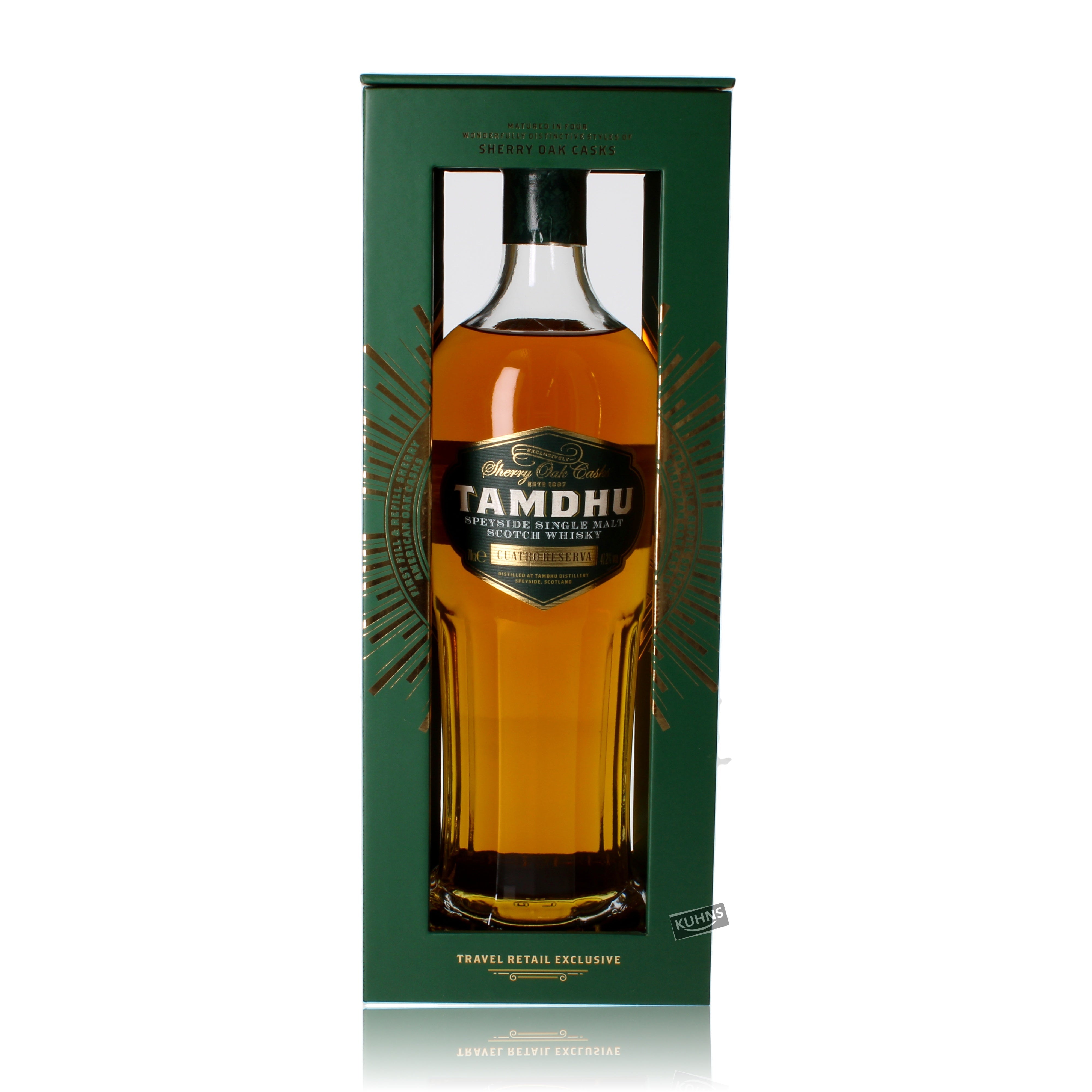
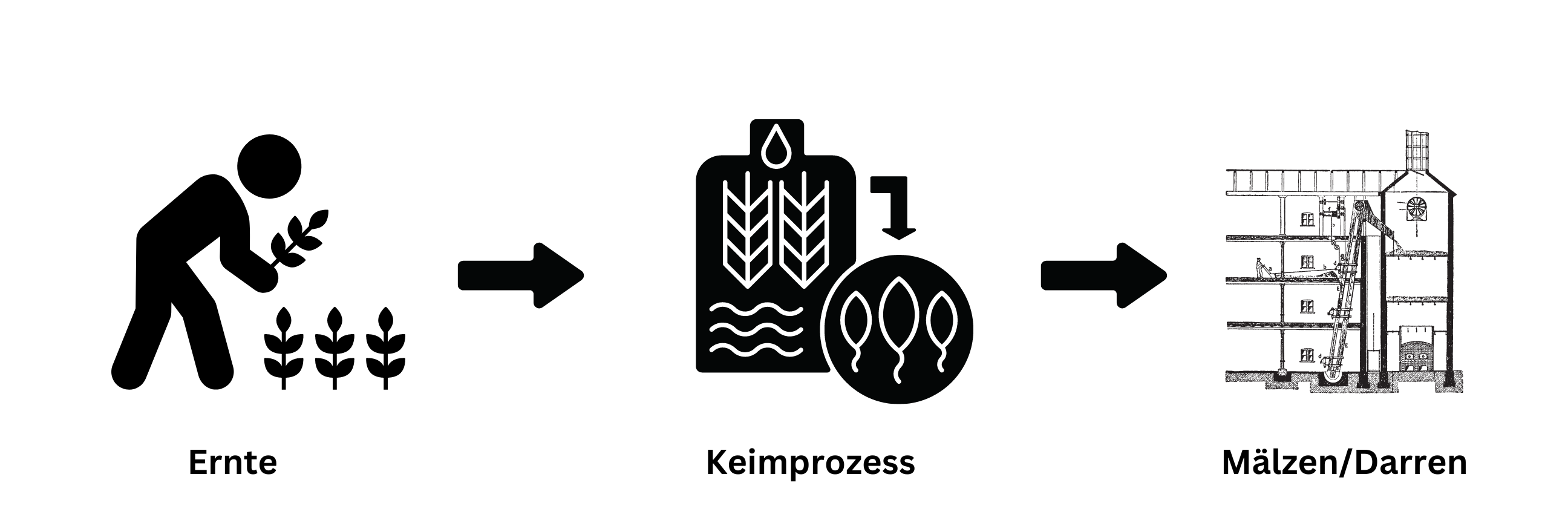
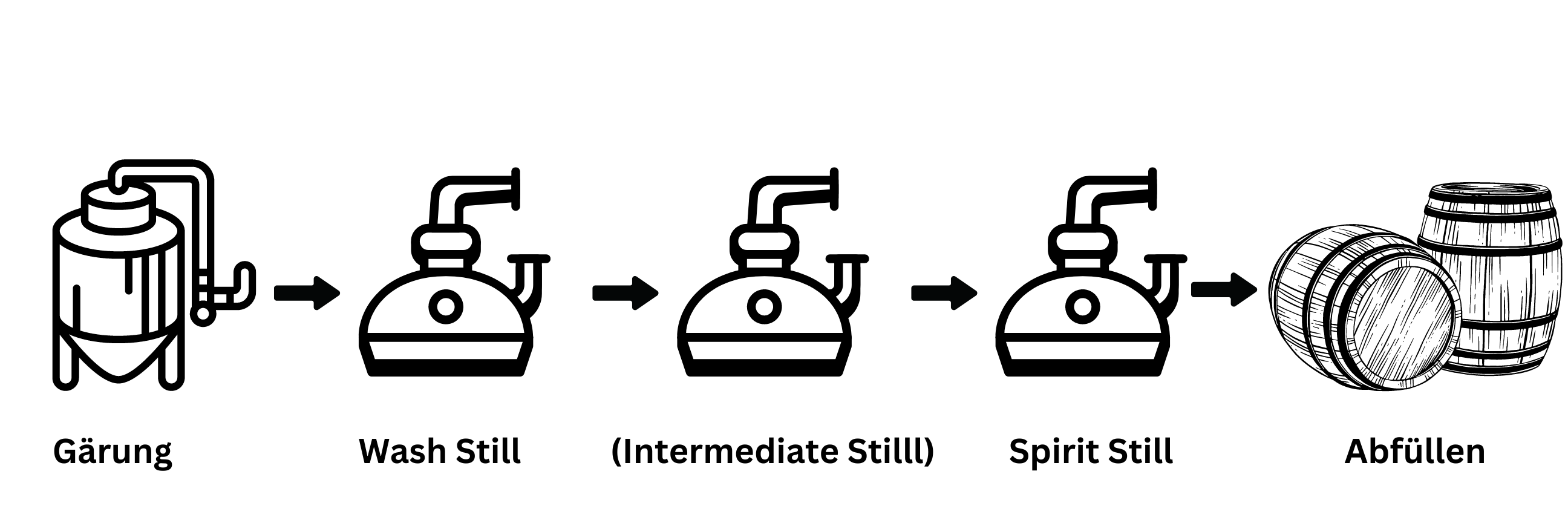

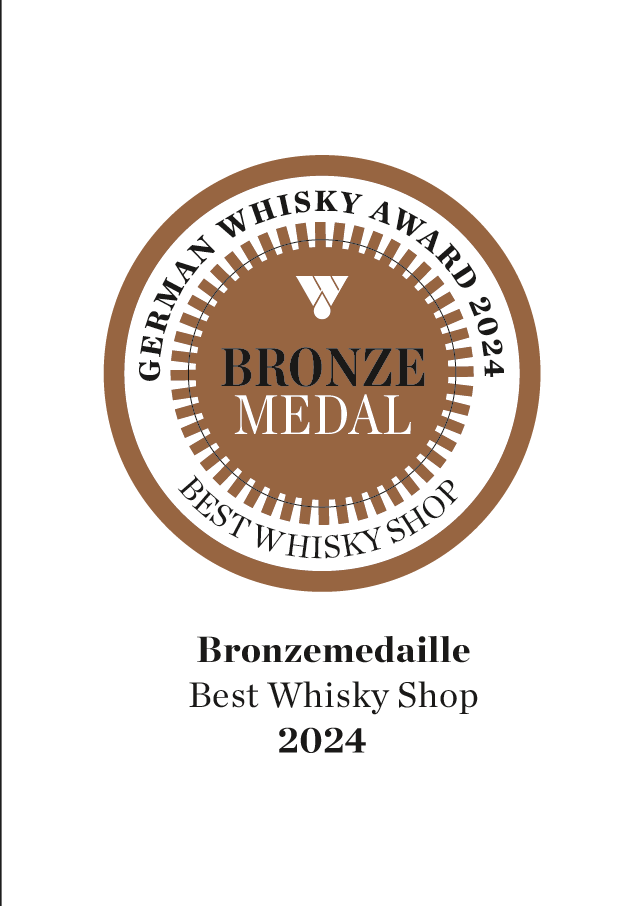
Share and get 15% off!
Simply share this product on one of the following social networks and you will unlock 15% off!